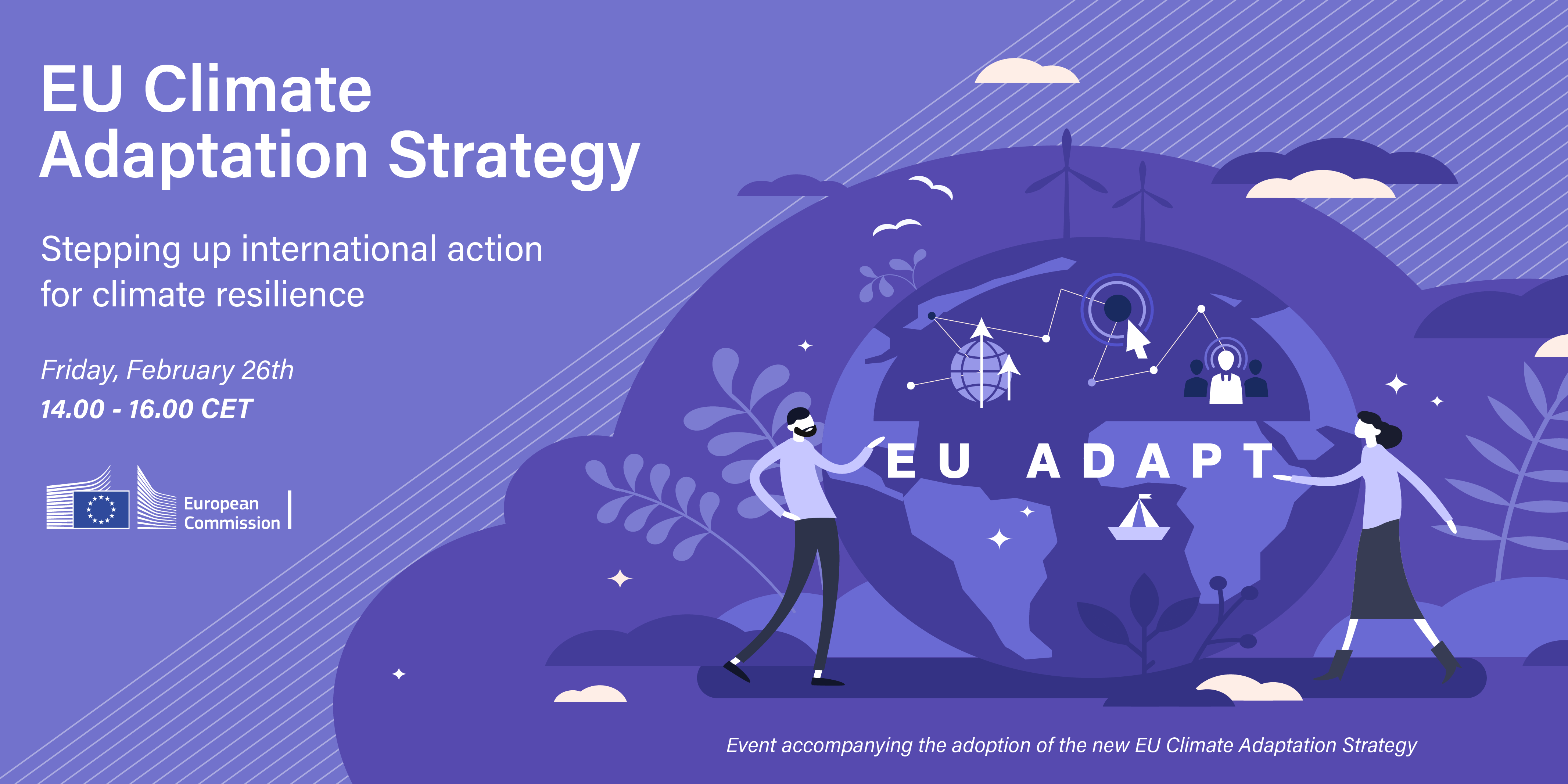
As the CASCADES report on climate impacts in the MENA region shows, the Middle East is at the forefront of dealing with compound climatic, environmental and socio-economic risks.
Looking at several successful examples from the Middle East region, this session at UNFCCC MENA Climate Week asked what is needed to incentivize, finance and scale up the kind of practices, infrastructure and technology that will meet climate challenges while also contributing to national economic transition goals – be that towards sustainable diversification away from oil and gas dependence and/or green economy.
Speakers:
- Dr Noura Al Nasiri and Dr Meshal Abdullah – Sultan Qaboos University, Oman
- Ali AlKarkhi and Salman Khairalla – Humat Dijlah Association, Iraq
- Eng. Ahmad Shaqar – Water Authority of Jordan
- Glada Lahn – Chatham House (Chair)
Dr. Noura Al Nasiri is currently acting Director of the Environmental Studies and Research Centre and an assistant professor in urban and regional planning in the geography department at Sultan Qaboos University (SQU), Oman. She has a masters and a PhD. in urban and regional planning from the University of Queensland, Australia. Her research interests include urban studies and planning, policy evaluation, housing and social housing, sustainable development, economic geography, community services, government strategic plans and programs, environmental impact assessment, economy of cities, and urbanisation.
Dr. Meshal Abdullah is assistant professor in Department of Geography at Sultan Qaboos University and an adjunct research assistant professor in the Department of Ecology and Conservation Biology at Texas A&M University. His research revolves around sustainability ecological systems, restoration ecology, ecological modeling, climate change, and spatial analysis using remote sensing (UAVs-Drone) and Geographical Information System (GIS). He received his Ph.D. degree in Ecosystem Science and Management, certified in Geographical Information System (GIS) and Remote Sensing, from Texas A&M University in 2016.
Ali Al-Karkhi is president of Humat Dijlah, the Tigris River Protectors Association and a member of the international campaign to Save the Tigris and the Iraqi Marshes. He has a bachelor’s degree in mechanical engineering from the University Baghdad. He is a civil society activist and researcher in water resources management and environmental protection.
Salman Khairalla is co-founder and director of Humat Dijlah, the Tigris River Protectors Association. He is a member of the steering committee of Save the Tigris, an international civil society campaign aiming to protect the heritage and water resources of Mesopotamia from the impacts of unsustainable management and climate change. He has been working in the field of environmental and water protection since 2006 and has a bachelor’s degree in environmental science from the University of Kufa in Najaf, Iraq.
Eng. Ahmad Shaqar is from the Programme Management Directorate of the Water Authority of Jordan. He leads the department responsible for monitoring the environmental performance of the As-Samra wastewater treatment plant.
Glada Lahn is Senior Research Fellow in the Environment and Society Programme at Chatham House. Since joining Chatham House in 2004, she has worked on a range of international resource-related projects which intersect with geopolitical, economic and development concerns. Her research areas have included petroleum sector governance, access to energy in developing countries, sustainable transitions in oil and gas-exporting economies, the pricing and valuation of natural resources, energy delivery in humanitarian situations and climate resilience in the MENA and Sahel regions.



